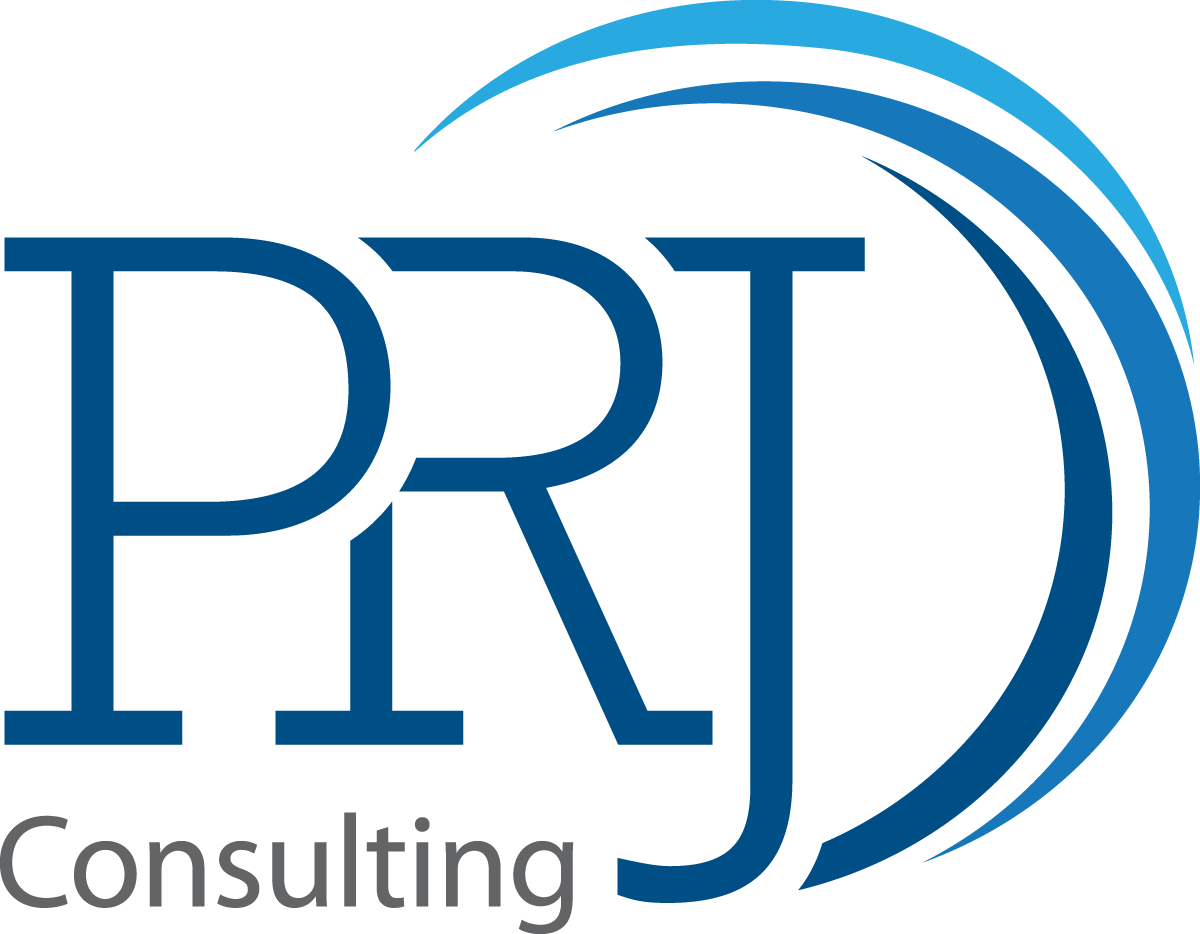Why More Companies Are Turning to Compensation Consultants in 2025
In the face of rising workforce expectations, regulatory changes, and a highly competitive labor market, organizations are increasingly seeking outside expertise to build effective compensation strategies. According to the 2025 Compensation Best Practices Survey, a record number of organizations are hiring compensation consultants to design data-driven, competitive pay programs that align with both organizational goals and evolving employee expectations.
This growing demand is not just about compliance or benchmarking salaries—it's about building a comprehensive compensation philosophy that clearly communicates how and why an organization pays the way it does.
The Rise of the Compensation Philosophy
A compensation philosophy is more than a policy statement. It's a strategic framework that aligns pay practices with the organization's mission, culture, and values. The 2025 CBPR noted a significant increase in companies formalizing these philosophies, especially as transparency, equity, and employee retention become key business imperatives.
Organizations with a well-defined compensation philosophy are better positioned to:
Set consistent, fair pay across roles and departments
Communicate compensation decisions to employees clearly
Equitable hiring practices
Adapt to market changes while maintaining internal alignment
At PRJ Consulting, we frequently guide clients through the process of developing and documenting their compensation philosophy, then applying it to build or revise salary structures, incentive plans, and career progression frameworks.
Why Organizations Are Hiring Compensation Consultants
The CBPR also highlighted that internal HR teams are often stretched thin, and may not have the time, tools, or training to build complex compensation systems. Compensation consultants offer specialized knowledge in:
Market pricing and competitive benchmarking
Job evaluation systems and leveling frameworks
Compliance with pay equity laws and wage transparency regulations
Executive and incentive compensation strategy
Communication and change management related to pay
These services allow internal teams to focus on day-to-day HR operations while ensuring compensation systems are robust, competitive, and aligned with the broader talent strategy.
Case Study: Building a Compensation Strategy for a Mission-Driven Nonprofit
One of our nonprofit clients, a regional human services organization with 200 employees, was facing turnover in key program roles due to below-market pay and unclear advancement opportunities. They also lacked a documented compensation philosophy, leading to inconsistent pay decisions and internal frustration.
We began by partnering with leadership to articulate their values around pay—fairness, transparency, and mission alignment—and translated those values into a written compensation philosophy. Next, we conducted a market analysis using nonprofit and public sector data sources, re-leveled all jobs using a market-driven approach, and implemented a new salary structure aligned with their budget.
The result? The organization reduced turnover in key roles by 18% in the first year, improved employee trust in the compensation process, and strengthened their ability to attract qualified candidates.
Looking Ahead
With compensation becoming a central part of the employee value proposition, the organizations that invest in strategic, well-structured pay practices will be best positioned for long-term success. Whether your organization is scaling quickly, navigating new transparency laws, or simply seeking more consistency in how you reward talent, a clear compensation strategy and philosophy can serve as a powerful foundation.
At PRJ Consulting, we specialize in building compensation systems that are not only competitive and compliant—but also reflective of your unique mission and values.
Explore our services and insights at www.prjandco.com.


